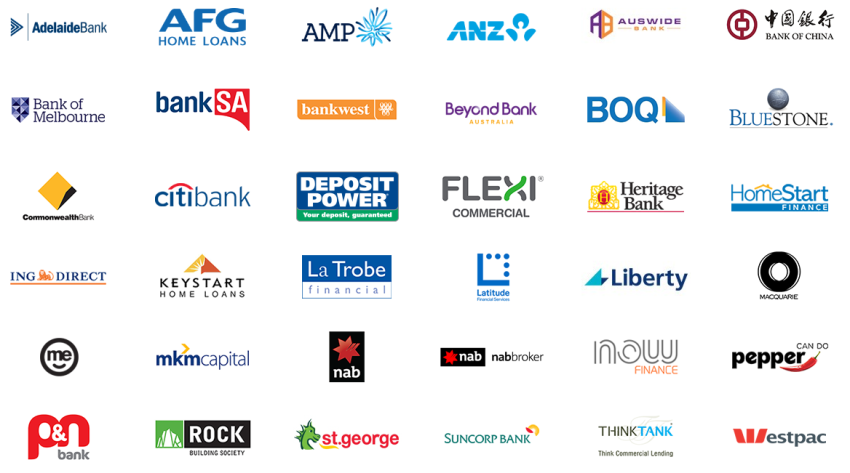Buying a Home
WE KNOW THAT BUYING A HOME IS ONE OF THE MOST IMPORTANT DECISIONS YOU’LL MAKE IN LIFE
And can be exciting and daunting at the same time. Your broker will ensure you’re armed with the all the information you need to help you on your way to owning your home.
At Cornerstone Advice, your broker will do the leg-work for you.
They have access to hundreds of loans from a wide variety of lenders and will work with you to find the loan that suits your individual circumstances.
Take a look at our online calculators. This will help give you an idea of the amount you may be able to borrow and what the likely repayments may be. Once you have an idea of your options, give us a call or email us and we’ll continue the legwork for you and arrange a time to meet to present the right options in detail.
COMMON QUESTIONS FOR HOME BUYERS
How much money can I borrow?
This amount varies from lender to lender and depends on a number of factors.
Use our borrowing capacity calculator how much you may be able to borrow and your broker will be happy to give you a more detailed response based on your individual circumstances.
How do I choose the loan that’s right for me?
Loan types and loan features will give you a good idea of the main options available, but because there are hundreds of different home loan products available, and individual circumstances are all different, contact us today to take a look at your options.
How much do I need for a deposit?
A deposit is usually between 5% – 10% of the value of a property, which you pay when signing a Contract of Sale.
If you can’t organise a deposit in time, your conveyancer/solicitor may be able to arrange a deposit bond until settlement – although you’ll have to pay extra for this. If the deposit requested is 10%, your conveyancer may be able to negotiate this down to 5%.
How much will regular repayments be?
Go to our Repayment Calculator for an estimate. There are many different factors that influence the type of loan that suits your needs. Your Cornerstone Advice broker can help you navigate the many options available
How often do I make home loan repayments – weekly, fortnightly or monthly?
Most lenders offer flexible repayment options to suit your pay cycle. Aim for weekly or fortnightly repayments, instead of monthly, as you will make more payments in a year, which will shave dollars and time off your loan.
What fees/costs should I budget for?
There are a number of fees involved when buying a property. To avoid any surprises, the list below sets out all of the usual costs:
- Stamp Duty – This is the big one. All other costs are relatively small by comparison. Stamp duty rates vary between state and territory governments and also depend on the value of the property you buy. You may also have to pay stamp duty on the mortgage itself. To find out your total Stamp Duty charge, visit our Stamp Duty Calculator.
- Legal/conveyancing fees – Generally around $1,000 – $1500, these fees cover all the legal rigour around your property purchase, including title searches.
- Building inspection – This should be carried out by a qualified expert, such as a structural engineer, before you purchase the property. Your Contract of Sale should be subject to the building inspection, so if there are any structural problems you have the option to withdraw from the purchase without any significant financial penalties. A building inspection and report can cost up to $1,000, depending on the size of the property. Your conveyancer will usually arrange this inspection, and you will usually pay for it as part of their total invoice at settlement (in addition to the conveyancing fees).
- Pest inspection – Also to be carried out before purchase to ensure the property is free of problems, such as white ants. Your Contract of Sale should be subject to the pest inspection, so if any unwanted crawlies are found you may have the option to withdraw from the purchase without any significant financial penalties. Allow up to $500 depending on the size of the property.
- Lender costs – Most lenders charge establishment fees to help cover the costs of their own valuation as well as administration fees. Your broker can let you know what your lender charges but allow about $600 to $800.
- Moving costs – Don’t forget to factor in the cost of a removalist if you plan on using one.
- Mortgage Insurance costs – If you borrow more than 80% of the purchase price of the property, you’ll also need to pay Lender Mortgage Insurance. You may also choose to take out Mortgage Protection Insurance. If you buy a strata title, regular strata fees are payable.
- Ongoing costs – You will need to include council and water rates along with regular loan repayments. It is important to also take out building insurance and contents insurance. Your lender will probably require a minimum sum insured for the building to cover the loan, but make sure you actually take out enough building insurance to cover what it would cost if you had to rebuild. Likewise, make sure you have enough contents cover should you need to replace everything if the worst happens.
Please contact a Cornerstone Advice mortgage broker on Ph: 07 3340 5117 to discuss.
LENDERS WE USE

